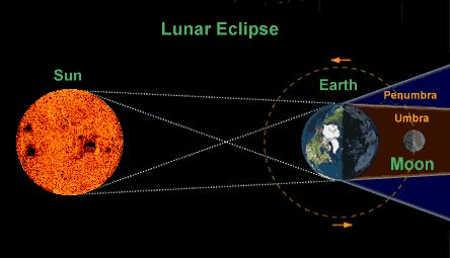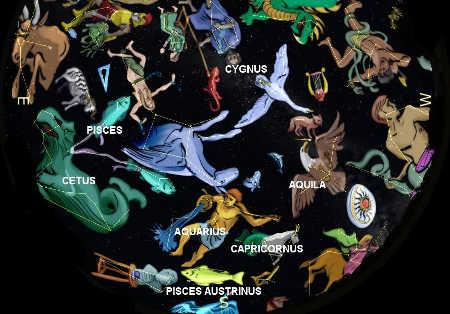State health officials say they have increased efforts to identify a virus that causes severe respiratory illness and has hit several areas of the country particularly hard this year.
The monitoring and testing has so far identified 14 cases statewide of enterovirus D68, which the California Department of Public Health said can cause acute, unexplained severe respiratory illness, with the condition of particular concern for children.
As of Oct. 1, CDPH has confirmed enterovirus D68, or EV-D68, infection in 14 young patients in California so far this year.
The patients are residents of San Diego (5), Alameda (2), Los Angeles (1), Riverside (1), San Francisco (1), Santa Cruz (1), Solano (1), and Ventura (1) counties and the city of Long Beach City (1), CDPH said Friday.
Dr. Gil Chavez, CDPH deputy director and state epidemiologist for the Center for Infectious Diseases, said the 14 patients range in age from under 1 year of age to 15 years of age.
Dr. James Watt, MD, chief of CDPH's Division of Communicable Disease Control, said to date the agency has received testing specimens from more than 180 patients believed to have EV-D68, with 140 of those in various stages of testing. “It's fairly complex and it takes a bit of time.”
Of those tested so far, the 14 cases were confirmed, he said.
Dr. Karen M. Tait, M.D., Lake County's public health officer, told Lake County News that, so far, she has not been notified of any local children who are being tested for EV-D68.
According to CDPH, EV-D68 – which is one of more than 100 non-polio enteroviruses – causes respiratory illness and the virus likely spreads from person to person when an infected person coughs, sneezes or touches contaminated surfaces.
EV-D68 symptoms include fever – although fever may not be present – runny nose, sneezing, cough, and body and muscle aches.
Officials said some children have more serious illness with breathing difficulty and wheezing, particularly children with a history of asthma. EV-D68 can rarely cause neurologic illness.
CDPH urged parents to seek medical attention immediately for children who are having any breathing difficulty – wheezing, difficulty speaking or eating, belly pulling in with breaths, blueness around the lips – particularly if the child suffers from asthma.
There is no specific treatment for patients with EV-D68, nor is there a vaccine to prevent it, health officials said. However, everyone 6 months of age and older should receive influenza vaccine every year to protect themselves against that important cause of respiratory disease, CDPH said.
Chavez said the EV-D68 case numbers have not grown in California as they have elsewhere, and that it does tend to be a rare condition.
It is not a condition that is required to be reported to the state, so CDPH doesn't have annual statistics on its occurrence from which to draw to make comparisons for this year's cases, said Chavez.
What's different this year, he said, is that beginning in the summer there was an uptick in EV-D68 cases across the country, so CDPH began asking hospitals and other health care providers for specimens from patients with extreme breathing problems – including children in pediatric intensive care units – without other known causes.
CDPH said 13 of the confirmed EV-D68 had respiratory illness and one has had acute flaccid paralysis.
Officials said that, as part of a separate investigation, CDPH has identified 35 patients as of Oct. 1 with acute flaccid paralysis and spinal cord involvement since 2012. Of those patients, three have had infection with EV-D68, two in 2012 and one in 2014.
Because EV-D68 was found in respiratory specimens from these patients, it is not known whether EV-D68 was a cause of paralysis or a coincidental finding, CDPH said.
Chavez said that investigation is continuing. “We don’t know really what is behind all these cases.”
Dr. Carol Glaser, MD, interim chief of the CDPH Center for Infectious Diseases Immunization Branch, said the acute flaccid paralysis patients range in age from 7 months to 73 years.
She said that CDPH has received anecdotal reports that of those 35, two have made full recoveries. Those who suffer from the illness often have severe neurological deficiencies.
The Centers for Disease Control are working to determine if EV-D68 and acute flaccid paralysis are somehow related, according to Glaser.
“There’s a lot of precedent to suggest that we will see an association,” she said.
Because no vaccine exists for EV-D68, CDPH emphasized the importance of preventing transmission.
The best ways to do that include:
– Wash hands often with soap and water for 20 seconds, especially after changing diapers.
– Avoid touching eyes, nose and mouth with unwashed hands.
– Avoid kissing, hugging and sharing cups or eating utensils with people who are sick.
– Disinfect frequently touched surfaces, such as toys and doorknobs, especially if someone is sick.
Additional information about EV-D68 can be found on the Centers for Disease Control and Prevention’s Enterovirus D68 page, http://www.cdc.gov/non-polio-enterovirus/about/ev-d68.html .
Email Elizabeth Larson at This email address is being protected from spambots. You need JavaScript enabled to view it. . Follow her on Twitter, @ERLarson, or Lake County News, @LakeCoNews.

























